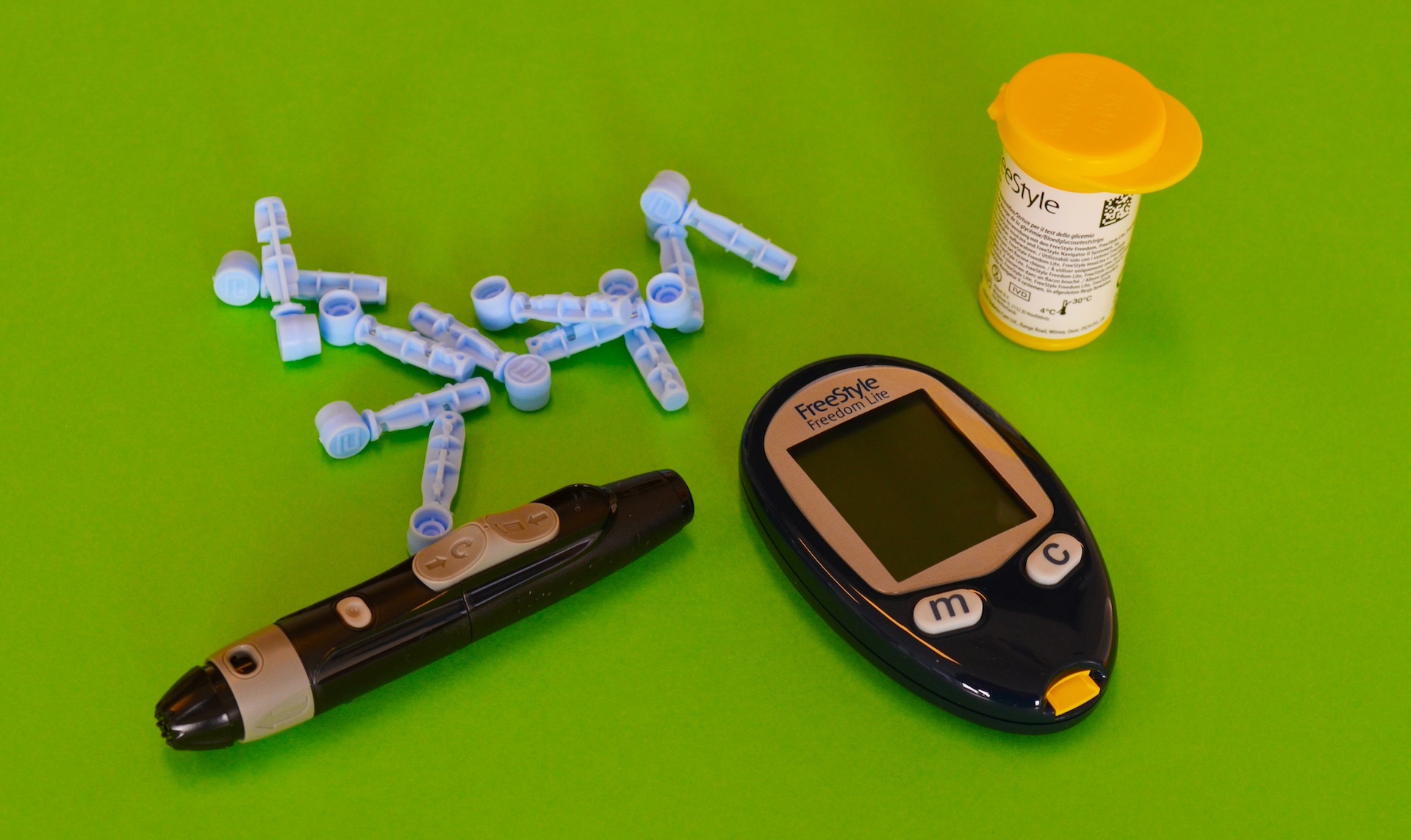Are Fissure and Fistula the same thing?
Are Fissure and Fistula the same thing?
If you’re confused about the difference between a fissure and a fistula, rest assured—you’re not alone. These terms are often mixed up, but they represent distinct conditions that require different approaches. Knowing the difference can help you make informed, confident decisions for your health and well-being. Our dedicated specialists at Chellaram Hospital Pune, we have helped many patients achieve relief through proper diagnosis and treatment—early recognition truly matters.
This article will clearly define both anal fissures and anal fistulas, outline what causes them, describe their symptoms, and explain the best ways to treat and prevent these conditions. Our goal is to empower you with trustworthy, easy-to-understand information, so you can take the next step toward feeling better.
What Are Anal Fissures and Fistulas?
To provide you with expert insight, let’s start by understanding the basics of each condition:
What Is an Anal Fissure?
An anal fissure is a small tear in the delicate lining of the anal canal, similar to a paper cut in an extremely sensitive area. Most often, fissures are caused by trauma from passing hard or bulky stools. This stretching can cause the lining to crack or split.
Anal fissures are particularly common in younger adults, postpartum women, or individuals who experience constipation. Importantly, fissures are not generally caused by chronic illnesses—they typically result from issues like excessive straining during bowel movements.
What Is an Anal Fistula?
An anal fistula is a more complex medical condition. It is an abnormal tunnel that forms between the inside of the anus and the skin around it, usually developing after an infection or an abscess (a pocket of pus) near the anus.
People with conditions like Crohn’s disease, persistent inflammation, or chronic infections are at greater risk for developing a fistula. Unlike fissures, fistulas almost always require medical or surgical treatment for lasting healing.
The Key Difference
In summary, an anal fissure is best described as a tear, while an anal fistula is a tunnel or tract that often forms as a result of infection.
Symptoms: How Do They Feel Different?
Recognizing the distinctive symptoms of each condition is essential for accurate diagnosis and effective treatment.
Symptoms of an Anal Fissure
- Sharp, intense pain during or after bowel movements
- Bright red blood visible with wiping or in the toilet (usually a small streak)
- Persistent itching or burning sensation in the anal area
Symptoms of an Anal Fistula
- Ongoing throbbing pain near the anus, which can persist independent of bowel movements
- Swelling, pus discharge, or the formation of abscesses near the anus
- Fever, especially if infection is present or recurs
Quick Comparison Table
| Feature | Anal Fissure | Anal Fistula |
|---|---|---|
| Pain | Sharp, with bowel movements | Constant, throbbing |
| Bleeding | Bright red, mild, occasional | Rare unless infected |
| Discharge | No | Yes, pus or fluid |
| Fever | No | May occur if infected |
| Healing | Can heal on its own | Rarely heals without surgery |
Causes: Why Do They Happen?
Understanding the underlying cause helps guide prevention and treatment. Drawing from my clinical experience and current medical research, here are the most common causes:
Causes of Anal Fissure
- Constipation and passing hard stools
- Chronic diarrhea, which leads to repeated irritation
- Childbirth-related trauma (especially in new mothers)
- Injuries from anal intercourse or other trauma
Causes of Anal Fistula
- Anal abscesses—infections leading to tract formation
- Complications from Crohn’s disease, tuberculosis, or chronic inflammatory illnesses
- Prior surgeries or trauma to the anorectal region
Diagnosis: How Are Fissures and Fistulas Detected?
Accurate and early diagnosis from a qualified surgeon is essential for successful treatment.
Anal Fissure
Doctors often diagnose fissures through a gentle visual examination. If the fissure is particularly painful, care is taken to minimize discomfort and avoid exacerbating symptoms.
Anal Fistula
Fistulas commonly require advanced imaging or diagnostic tests, such as:
- Proctoscopy or anoscopy—to provide a clear view of the anal canal
- MRI fistulogram—to delineate the path and extent of the fistula tract
- Endoanal ultrasound—especially useful in assessing complex, deep-seated fistulas
Treatment Options: How Are They Managed Effectively?
Both conditions can be treated, but the approach differs depending on the diagnosis.
Managing Anal Fissure
- Warm sitz baths (soaking in warm water) to relax the anal muscles and speed healing
- Stool softeners or mild laxatives to ease bowel movements and reduce strain
- A fiber-rich diet to prevent future constipation
- Prescription topical ointments (like nifedipine or nitroglycerin) to improve blood flow and facilitate healing
Chronic or unresponsive fissures may require a procedure called lateral internal sphincterotomy, performed by a colorectal specialist to reduce pressure and promote recovery.
Managing Anal Fistula
Fistulas almost always require surgical intervention for lasting resolution. Options include:
- Fistulotomy, where the abnormal tract is surgically opened and cleaned
- Seton placement, involving a soft thread used to promote drainage and gradual healing, especially in complex or high-risk fistulas
- Advanced techniques such as LIFT procedures, VAAFT, or fibrin glue for complicated cases
Prevention: Can You Lower Your Risk?
Early intervention and simple lifestyle strategies can help prevent both conditions.
Preventing Anal Fissure
- Maintain a diet high in fiber and stay well-hydrated
- Avoid straining or prolonged sitting during bowel movements
- Develop regular, healthy bowel habits
Preventing Anal Fistula
- Promptly treat any anal abscesses to prevent further complications
- Effectively manage underlying conditions such as Crohn’s disease
- Practice good perianal hygiene
When Should You See a Doctor?
If you notice persistent pain, bleeding, discharge, or symptoms that do not improve with home care, it’s essential to seek medical attention. Timely evaluation and management by an experienced provider will ensure the best possible outcome. Chellaram Diabetes & Multispecialty Hospital Pune offers state-of-the-art diagnostic and treatment services delivered with compassion and professionalism.
Debunking Myths: Setting the Record Straight
- Myth: Fissures and fistulas are the same.
Truth: They are fundamentally different—a fissure is a tear and a fistula is a tunnel, usually resulting from infection. - Myth: All anal pain is caused by hemorrhoids.
Truth: There are many causes of anal pain; accurate diagnosis with a healthcare professional is essential.
Frequently Asked Questions (FAQs)
What causes anal fissures?
Anal fissures are often caused by constipation, passing large or hard stools, or repeated diarrhoea, which can strain the anal lining.
Can lifestyle changes help prevent anal conditions?
Yes, maintaining a high-fibre diet, staying hydrated, and avoiding prolonged sitting can reduce the risk of anal conditions like fissures or hemorrhoids.
Are anal abscesses related to fistulas?
Yes, an anal fistula can form if an anal abscess does not heal properly, creating a tunnel connecting an infected gland to an external opening.
When should I see a doctor for anal discomfort?
You should consult a healthcare professional if you experience persistent pain, bleeding, or signs of infection, such as fever or pus discharge.
Are there non-surgical treatments for anal conditions?
Many anal conditions can be managed with medication, dietary adjustments, or sitz baths, though some cases might require surgical intervention based on their severity.
Final Thoughts and Next Steps
Anal fissures and fistulas can cause discomfort and anxiety, but both are highly treatable when diagnosed early and managed by an expert. Do not let fear or embarrassment deter you from seeking help—timely care is the key to faster relief and long-term health.
If you’re experiencing symptoms or would like a professional evaluation from our colorectal specialists, don’t wait. Book an appointment at Chellaram Diabetes & Multispecialty Hospital Pune today, or contact us to schedule a confidential consultation. Our team is committed to providing you with compassionate, expert care tailored to your needs—helping you return to comfort and confidence.
Take charge of your health and well-being—schedule your consultation now or learn more about our services at Chellaram Diabetes & Multispecialty Hospital Pune. Your path to relief starts here.
Related Blogs
Expertise you can trust: Meet our esteemed doctors who bring exceptional knowledge, compassion, and innovation to provide top-notch care for your health and well-being.










